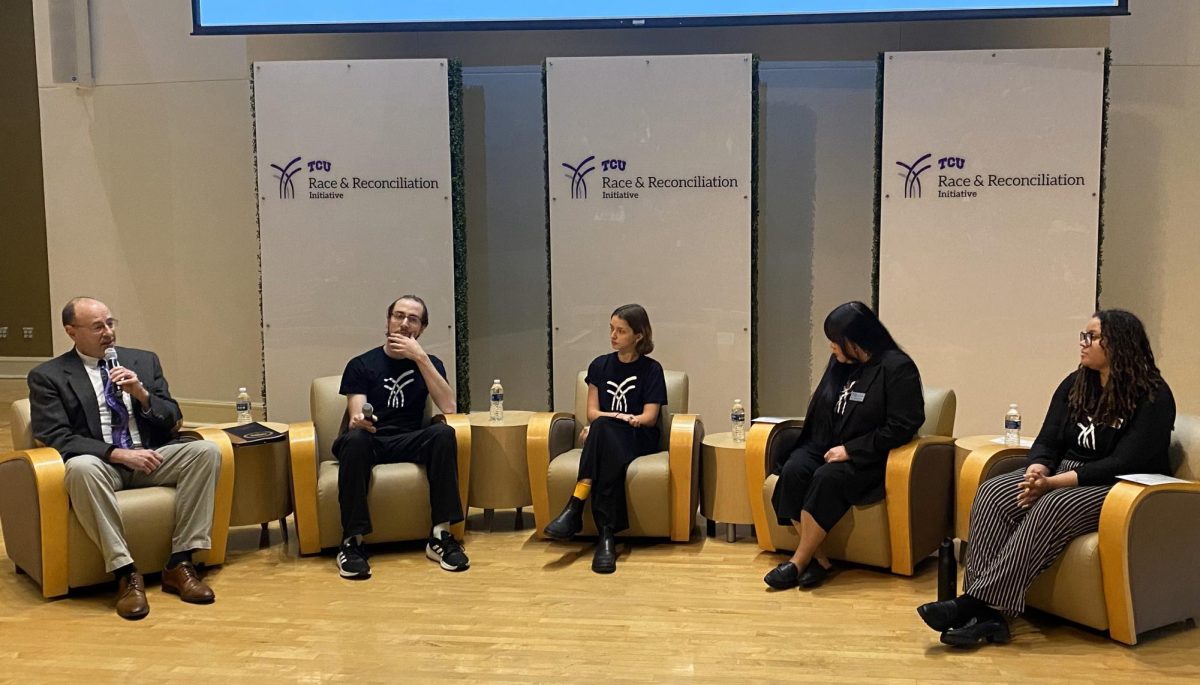Let’s face it: Giving blood isn’t the most fun thing to do in the world. If people can avoid getting a needle stuck into a vein and removing that red liquid that helps keep a body functioning, they will generally do so.
But however unpleasant the experience may be, it can save lives. With the winter weather we recently endured, the blood shortage many hospitals and blood banks already face became even worse.
According to a September article from ABC News, some surgeries were canceled in Los Angeles and Philadelphia because of a lack of blood. While the situation isn’t as dire in the Metroplex, the American Red Cross said in the article that it required 80,000 units of blood daily for surgeries, chemotherapy and other procedures but had to cut its blood usage to only 36,000 units a day.
Many have relatives that wouldn’t be alive today if it weren’t for the kindness of those who choose to be blood donors. The last thing a family member should have to hear from a health care provider is that they were unable to save someone’s life because of a preventable problem such as a blood shortage.
Students, faculty and administrators can help save lives by donating blood. The free cookies and juice don’t hurt, either.
News editor Patrick Burns for the editorial board.




